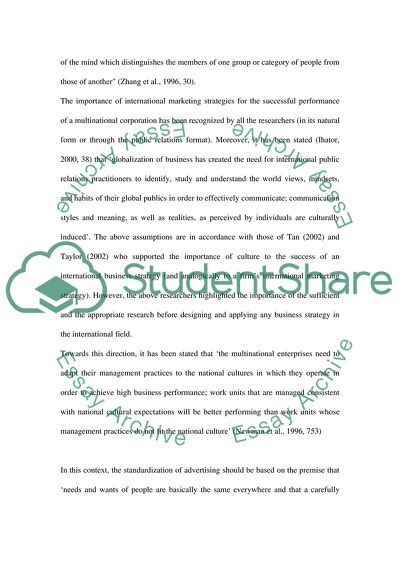Cite this document
(Impact of Culture on the International Marketing Research Proposal, n.d.)
Impact of Culture on the International Marketing Research Proposal. https://studentshare.org/marketing/1703411-impact-of-culture-on-the-international-marketing
Impact of Culture on the International Marketing Research Proposal. https://studentshare.org/marketing/1703411-impact-of-culture-on-the-international-marketing
(Impact of Culture on the International Marketing Research Proposal)
Impact of Culture on the International Marketing Research Proposal. https://studentshare.org/marketing/1703411-impact-of-culture-on-the-international-marketing.
Impact of Culture on the International Marketing Research Proposal. https://studentshare.org/marketing/1703411-impact-of-culture-on-the-international-marketing.
“Impact of Culture on the International Marketing Research Proposal”. https://studentshare.org/marketing/1703411-impact-of-culture-on-the-international-marketing.


